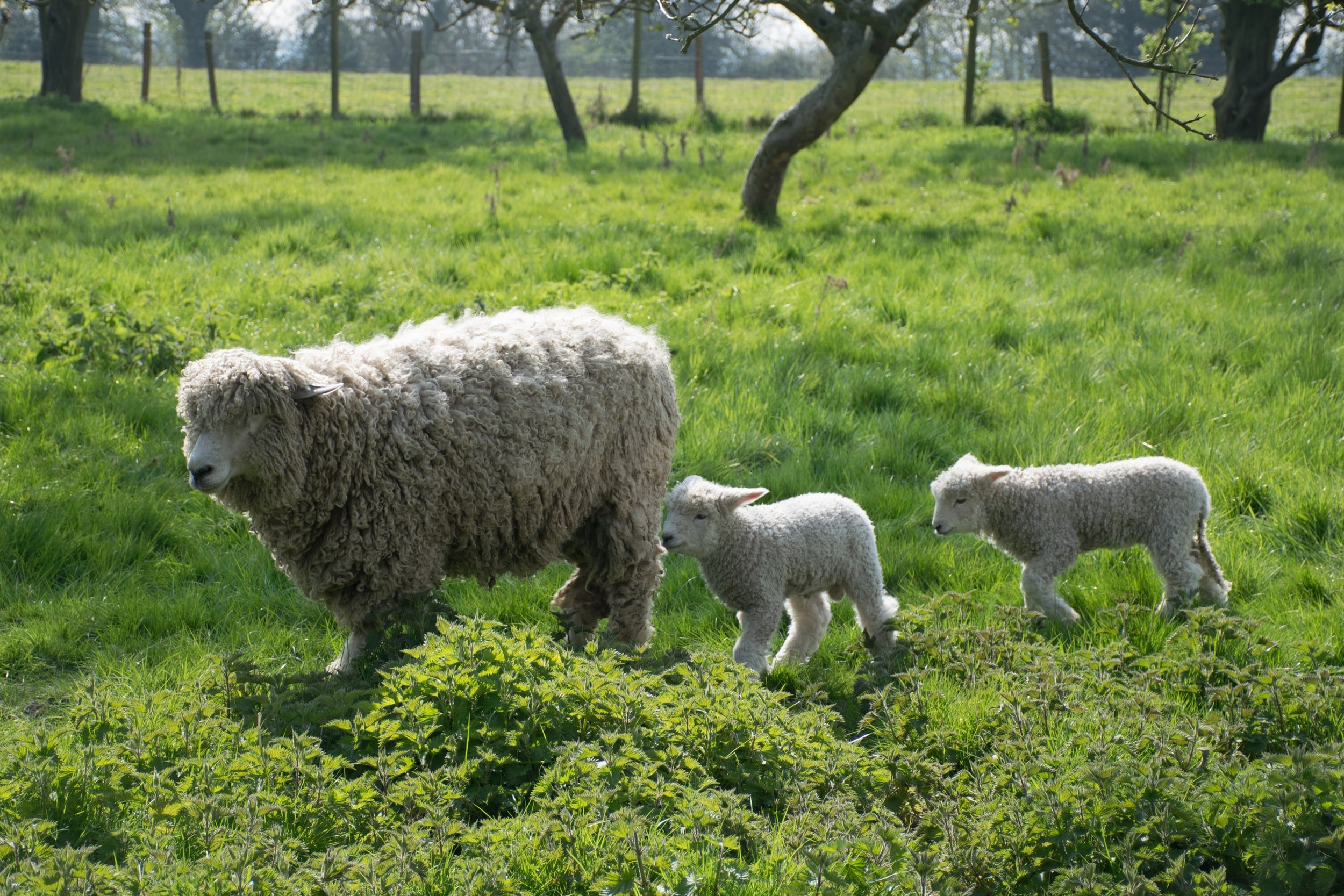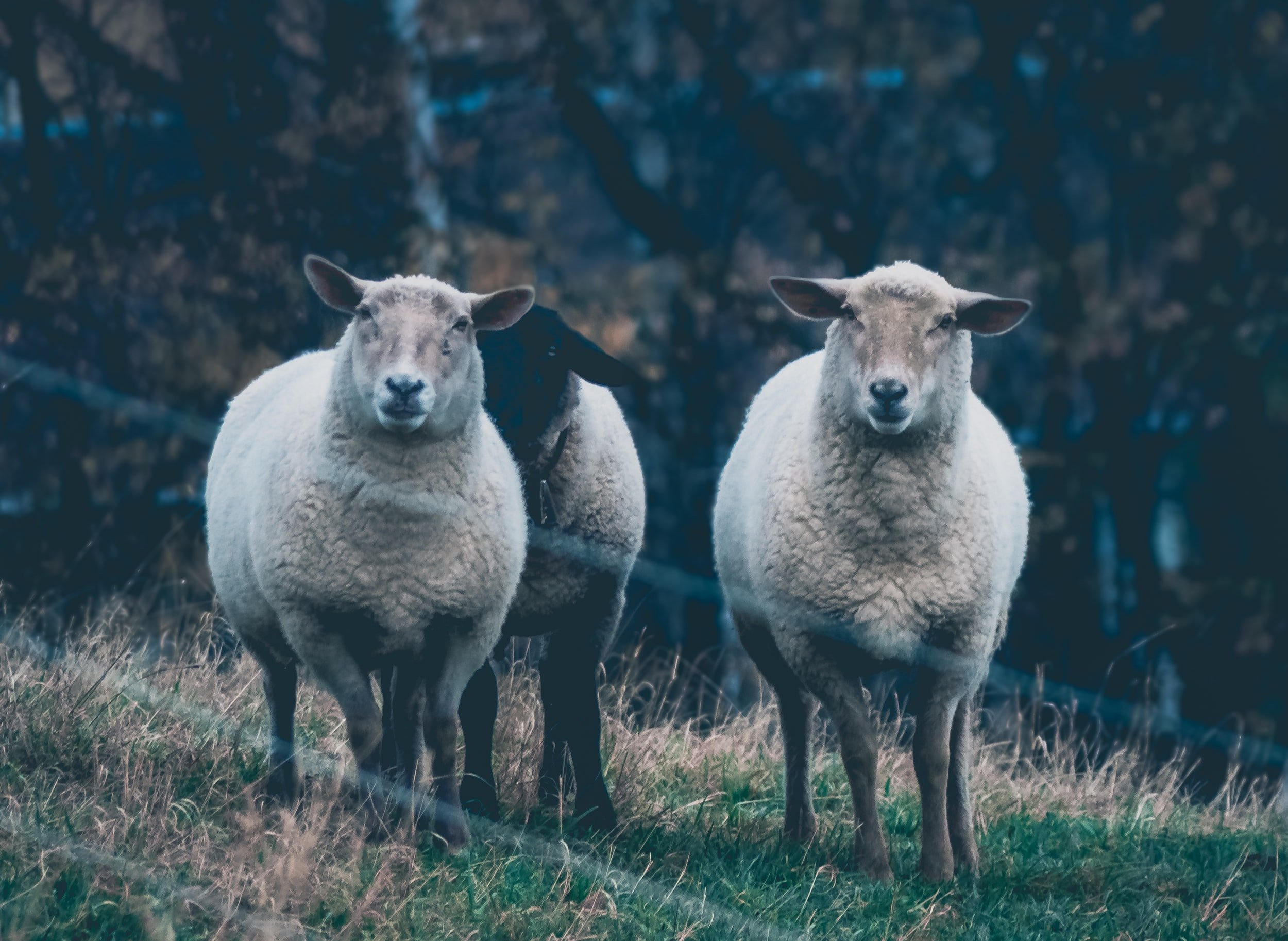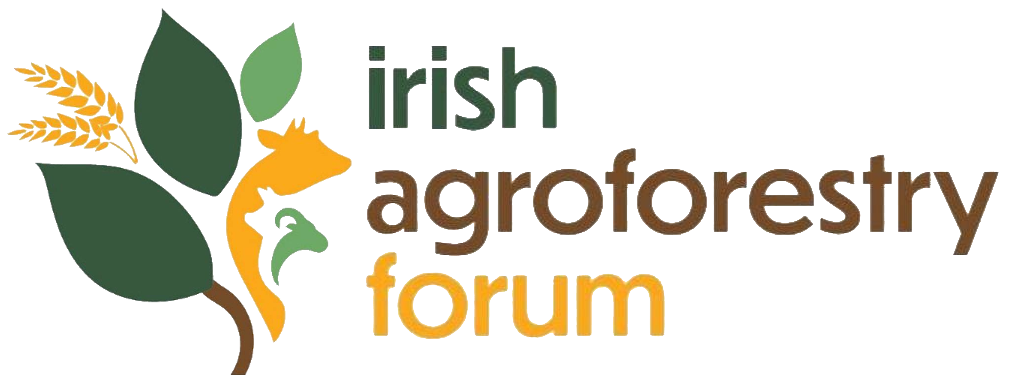Sheep and Trees
IAF Director Prof/Dr Jim McAdam and Sean McGloin of the National Organic Training Centre visit the now 26 year old Silvopasture site at the AFBI Research Centre in Loughgall, Co.Armagh and discuss the clear benefits that silvopasture can bring to sheep farming.
Benefits of Trees for Sheep
-
Boost Production
Sheep enterprises utilises silvopasture paddocks do not see a reduction in farm output/animal weight gain or overall productive output. Trials carried out in ABNI, Loughgall showed that sheep farmed on Ash tree silvopasture showed that the grazing season could be extended by 17 weeks. Silvopasture practices improve the productivity of land typically managed separately for pasture or trees by 42–55%, depending on whether productivity is measured by livestock or forage output, respectively.
-
Health and Welfare
Trees in pasture bring extensive flock health and welfare benefits which result in better production outputs. Trees provide:
Shelter for sheep reduces losses due to weather extremes and provides shade in the summer months.
Provide feed for sheep, they can graze the tree fodder, the lower branches of trees provide nutrition and additional vitamins and minerals such as cobalt and zinc through browsing. Leaves contain protein and may also contain tannins which have anti-parasitic properties and may reduce worm burden in your sheep.
Trees can dry up wet or waterlogged pasture reducing hoof damage and scald as prolonged exposure to moisture softens skin and can encourage bacterial growth.
-
Farm Environment
Trees in sheep pastures and around the farm generally can:
Enhance field drainage by improving the rate of water infiltration in through the soil and reduce the risk of waterlogged pasture due to heavy rains.
Can help trap pollutants before they enter watercourses and when planted strategically can prevent sheep from drinking water around or near watercourses.




